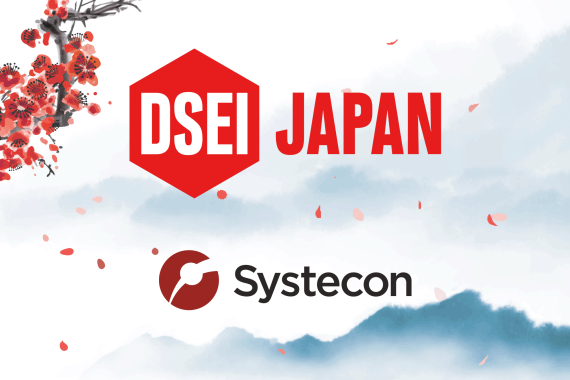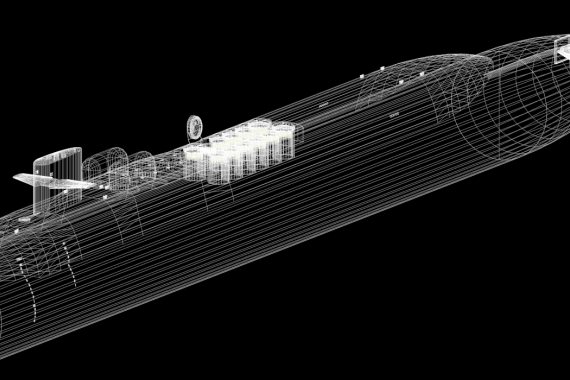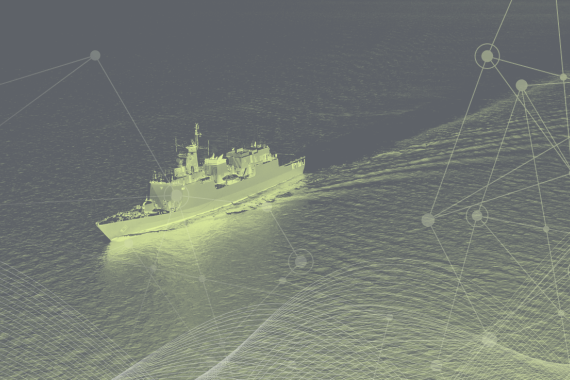
Optimize your Support with Opus Suite LORA-XT
In today’s competitive environment, implementing cost-effective support is essential. Such support will minimize system down time, promptly delivering adequate maintenance and supply, while keeping support costs to a minimum.
In implementing cost-effective support, several factors need to be addressed, e.g.,
• structure of the support organization – actors, locations, organizational levels,
• maintenance concept – a definition of what maintenance is to be conducted where within the support organization,
• spares dimensioning - quantity of spares to allocate to the support organization to ensure spates availability and limit spares-related logistic delays,
• resource dimensioning - quantity of maintenance resources (e.g., equipment, personnel) to allocate to the support organization to ensure resource availability and limit resource-related logistic delays.
Given a proposed structure of the support organization, Opus Suite’s advanced LORA capabilities (LORA-XT) simultaneously address and optimize across all other factors introduced above. Produced is a set cost-effective support solutions yielding minimum system down time for a given budget on support cost.
A related question is whether or not to enable a maintenance task. We could instead choose to discard the item when the maintenance need requiring the task occurs. This generalizes what is often referred to as repair/discard analysis. Rather than classifying an item as repairable or discardable, the cost-effective decision could be to implement O-level and I-level repair, but to discard the item if D-level repair is required. This generalized repair/discard analysis can be included in the scope and simultaneously handled by Opus Suite LORA-XT.
Would you like to know more?
Book a demo
Request a LORA Tool Comparison



